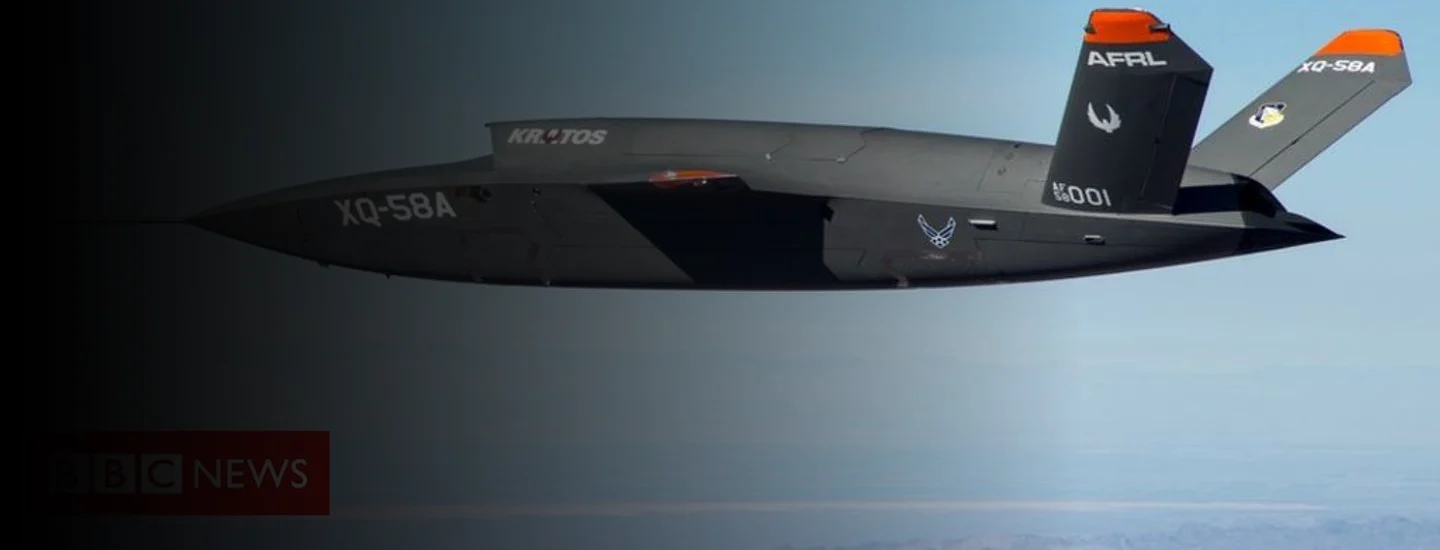As a chronic aviation nerd working in technology this story both excites and scares me. Powered aviation is still relatively new, the Wright Brothers only took to the air a little over a generation ago. Yet now we're talking about intelligent pilotless combat aircraft that can fly at supersonic, if not hypersonic speeds, identify and engage with an enemy at high levels of effectiveness before returning home. Technology is able to facilitate this, but will our ethics allow it, even if it means minimising the risk to the pilot? A similar argument could be made for the government's COVID-19 track and trace app - is the greater risk to accept that the government can track your every movement or not know you've been exposed to someone symptomatic with COVID?
How do we balance the risks versus the rewards when using technology? It obviously comes down to trust. Do you trust people to do the right thing when no one is looking? Do you trust businesses to protect your sensitive data? Do you trust that the services you rely on will be available when you need them?
As a consequence of the COVID-19 pandemic, technology has permeated even deeper into every aspect of our lives. In order to maintain the trust of clients, consumers and employees, organisations' must become ever more resilient. As the economy restarts, being resilient will be a competitive advantage. If you're able to withstand and absorb the impact of any subsequent aftershocks trust will be built and reinforced with your customers while your competitors are off-line.
Understanding what's important and protecting it proportionately based on tolerance is an imperative few can ignore in the new world.
